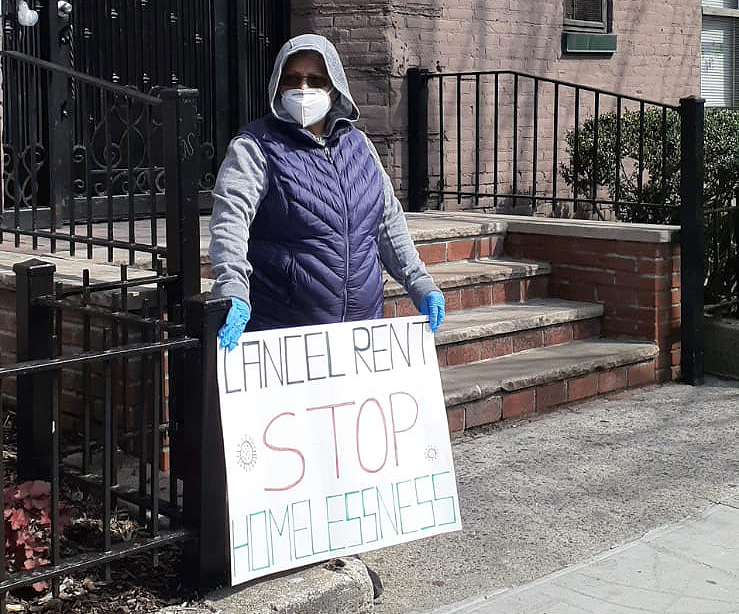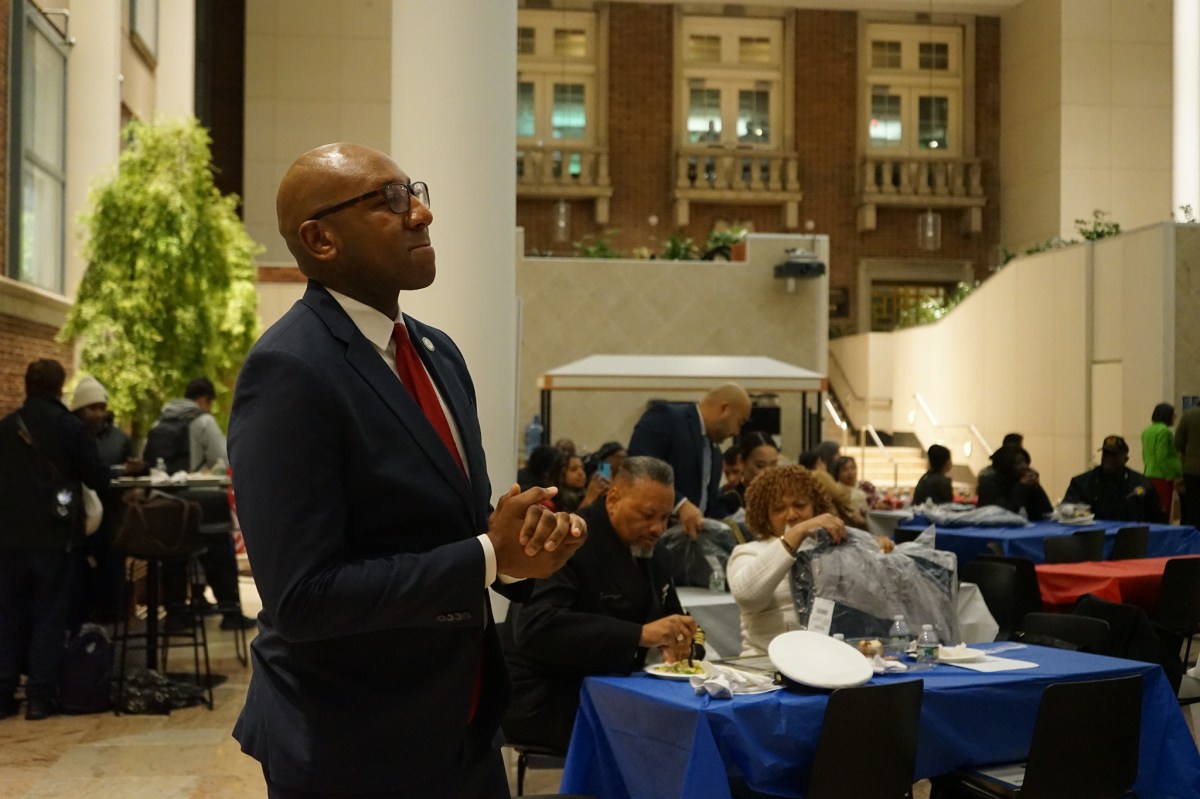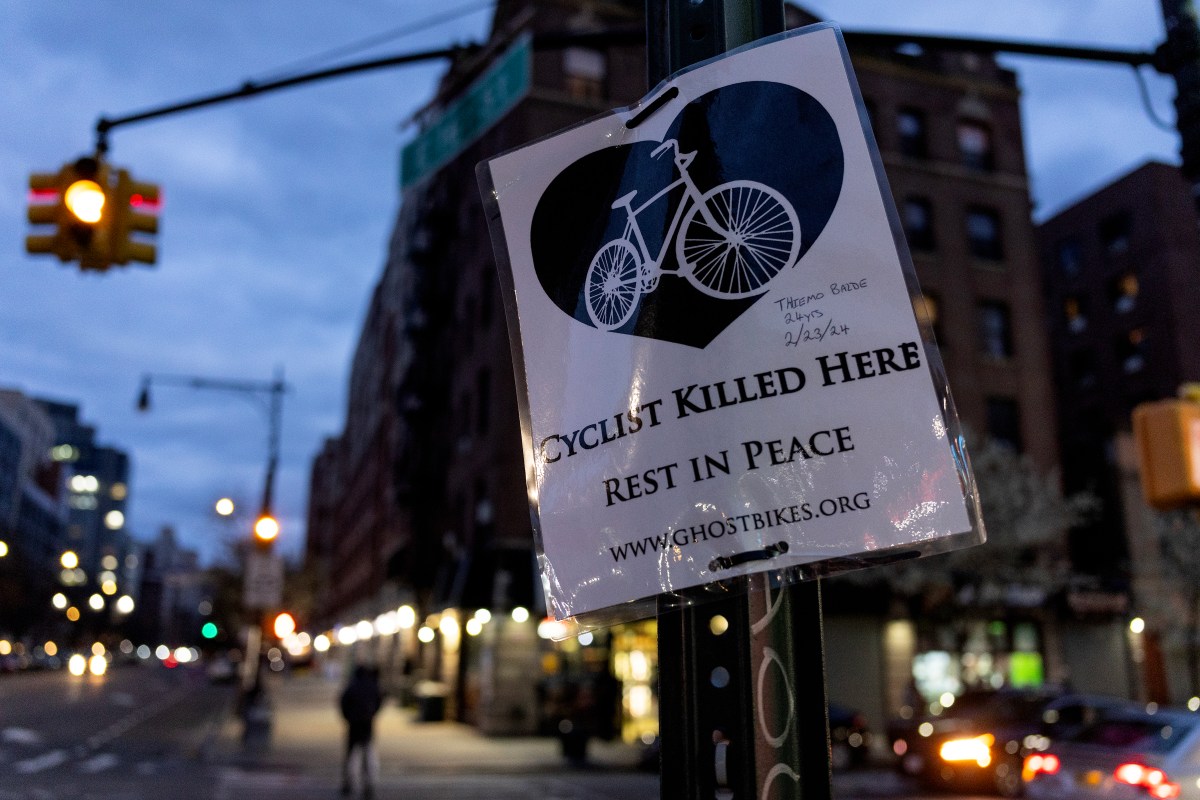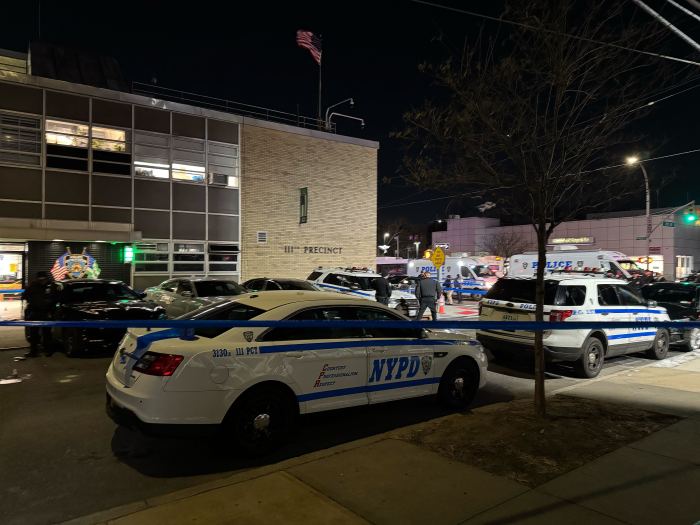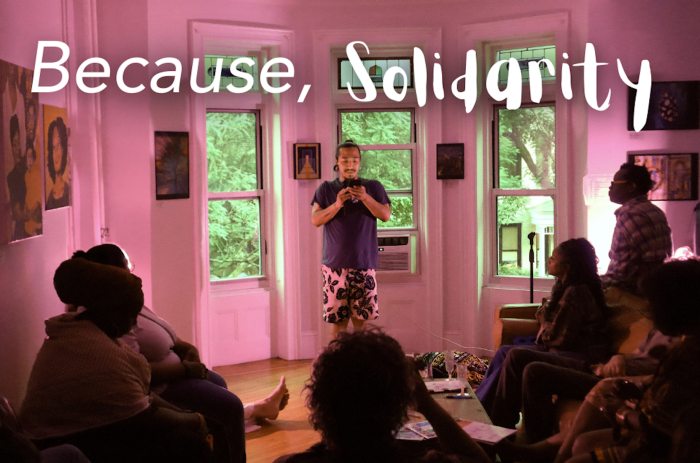Struggling renters across New York City could benefit from a $100 billion assistance program that remains stalled in the United States Senate, according to Senate Minority Leader Charles Schumer.
On Sunday, New York’s senior senator ratcheted up the pressure on Senate Majority Leader Mitch McConnell of Kentucky to approve the rent relief initiative in a pending COVID-19 economic aid bill. Schumer said the aid program would benefit, in particular, low-income communities of color that have been hardest hit by the COVID-19 pandemic.
The program, known as the Emergency Rental Assistance and Rental Market Stabilization Act, is part of the HEROES Act, a COVID-19 relief bill that the House passed last month. The Senate, however, has yet to make a move on it; McConnell has previously stated his opposition to the act.
“Our working families, many of color and of other minority groups, are in desperate need of this basic assistance so they can continue working, feeding their families and living in this city,” Schumer said on June 7. “This is the least Congress can — and must — do given the challenges New York has uniquely suffered amid this pandemic, and that’s our push today.”
Since the pandemic hit New York, tenants and tenant advocates alike have sought economic assistance to help families impacted by economic hardship remain in their homes without falling behind on payments. Governor Andrew Cuomo imposed a moratorium on eviction and foreclosure proceedings through August, but the advocates argue that it doesn’t directly address the financial obligation tenants face.
The Emergency Rental Assistance Program, Schumer said, would help families across the United States afford to pay their rent and utility bills. Without that funding, he noted, families would face the threat of being thrown out of their homes once the eviction bans are lifted.
Evictions themselves are financially damaging to tenants, the senator said, because they negatively impact a tenant’s credit score, tarnishing their financial records for years.
The financial assistance not only helps the tenants, but also their landlords, as it would prevent building owners from falling behind on their mortgage and tax obligations, Schumer added.
The Urban Institute estimates that 17.6 million renter households across the U.S. need about $96 billion in relief to overcome the financial impact of COVID-19.



